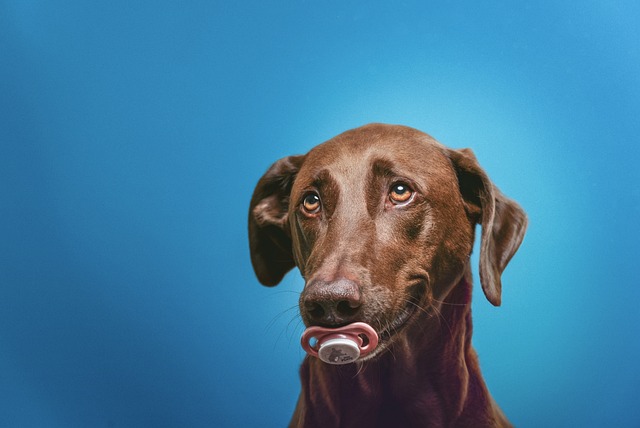
How do i train my dog to be obedient?
Watching your dog dart across the park ignoring your calls isn’t just frustrating—it can put them at risk near busy streets or public spaces.
Most puppies start showing signs they’re ready for potty training between 12 and 16 weeks old—this is when their bladders and bowels develop enough to hold it for short periods. Before that age, even the most eager pup can’t control their movements reliably, so pushing training too early often leads to frustration for both of you. Watch for cues like sniffing the floor, circling, or whining—these are clear signals your puppy needs to go outside, and responding quickly helps them learn the connection.
Consistency is key once you start training, and tying it to daily routines works best. Take your puppy out first thing in the morning, right after meals, naps, and playtime—these are the times they’re most likely to need to relieve themselves. Many local areas have leash laws that apply even to young puppies, so keep them on a short leash during potty breaks to stay compliant. Praise them enthusiastically (and maybe offer a small treat) when they go in the right spot—positive reinforcement builds good habits fast.
 Accidents will happen, but how you handle them matters for long-term success. Never scold or punish your puppy for mistakes—this can make them afraid to go near you when they need to potty, leading to more hidden accidents. Instead, clean up messes with an enzyme-based cleaner (available at pet stores) to remove all traces of odor; regular household cleaners might leave smells that attract them back to the same spot. If accidents become frequent, check if you’re taking them out often enough—young puppies can usually hold it for about one hour per month of age.
Accidents will happen, but how you handle them matters for long-term success. Never scold or punish your puppy for mistakes—this can make them afraid to go near you when they need to potty, leading to more hidden accidents. Instead, clean up messes with an enzyme-based cleaner (available at pet stores) to remove all traces of odor; regular household cleaners might leave smells that attract them back to the same spot. If accidents become frequent, check if you’re taking them out often enough—young puppies can usually hold it for about one hour per month of age.
As your puppy grows, adjust the training to fit their needs. By 6 months old, most pups can go longer between breaks, but they still need regular outdoor time. Some cities require dogs to be on leashes in public parks, even if your puppy is well-trained, so always follow local rules to avoid fines. If you’re struggling with training, consider a local dog trainer—many areas have certified professionals who specialize in positive, age-appropriate methods that align with regional pet care standards.
Potty training isn’t about rushing your puppy—it’s about meeting them where they are and building trust. Starting between 12 and 16 weeks, using consistent routines, and following local laws sets both of you up for success. Remember, every puppy learns at their own pace, so patience and positive reinforcement go a long way. With time and consistency, your puppy will master potty training, and you’ll have a happy, well-adjusted companion who fits right into your daily life.

Watching your dog dart across the park ignoring your calls isn’t just frustrating—it can put them at risk near busy streets or public spaces.

New puppy owners often find themselves rushing to clean up accidents before they set in, and that’s where puppy pad training becomes a game-changer.

If you've noticed your dog's waistline disappearing and your veterinarian has mentioned those few extra pounds, your first instinct might be to simply reduce the amount of food in their bowl.

Training a dog to use a designated spot indoors isn’t as daunting as many new owners fear, but it does take consistency and an understanding of your pet’s needs.

That moment of dread on a walk is all too familiar for many new dog owners. You see another dog approaching down the sidewalk of your neighborhood

If the sight of another dog on your neighborhood walk makes your heart sink as your own dog erupts into a frenzy of barking and lunging, you're not alone.